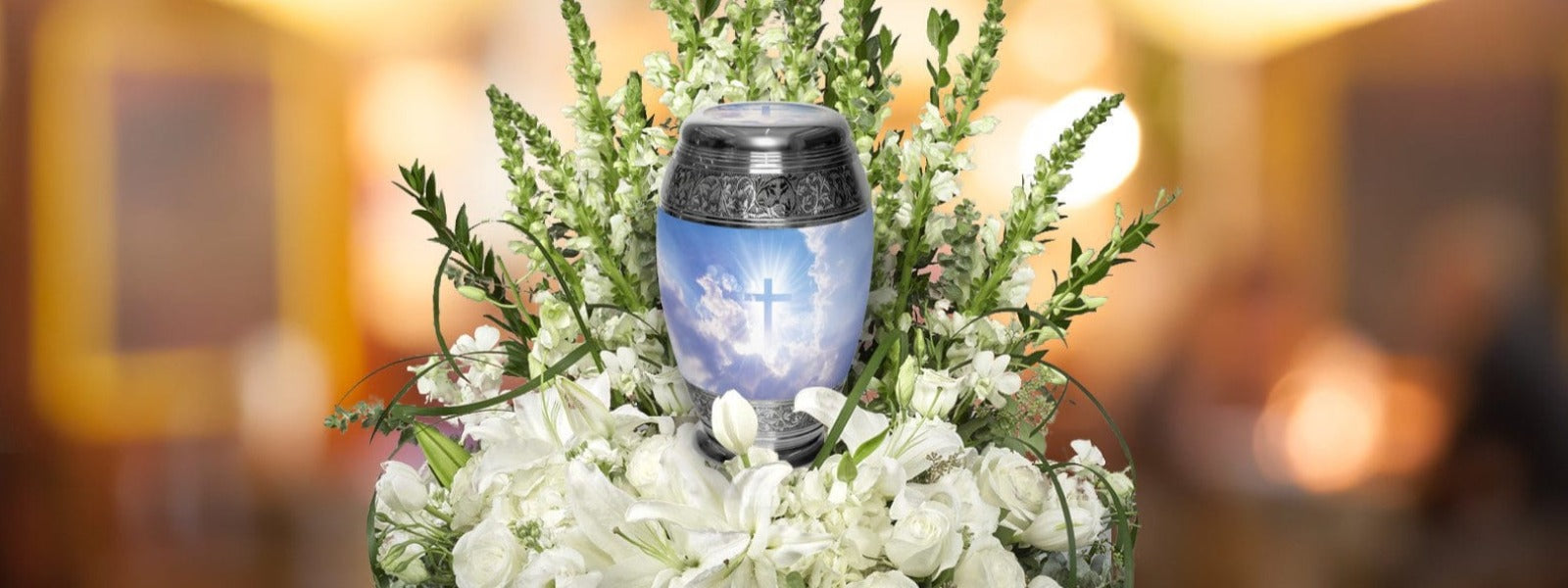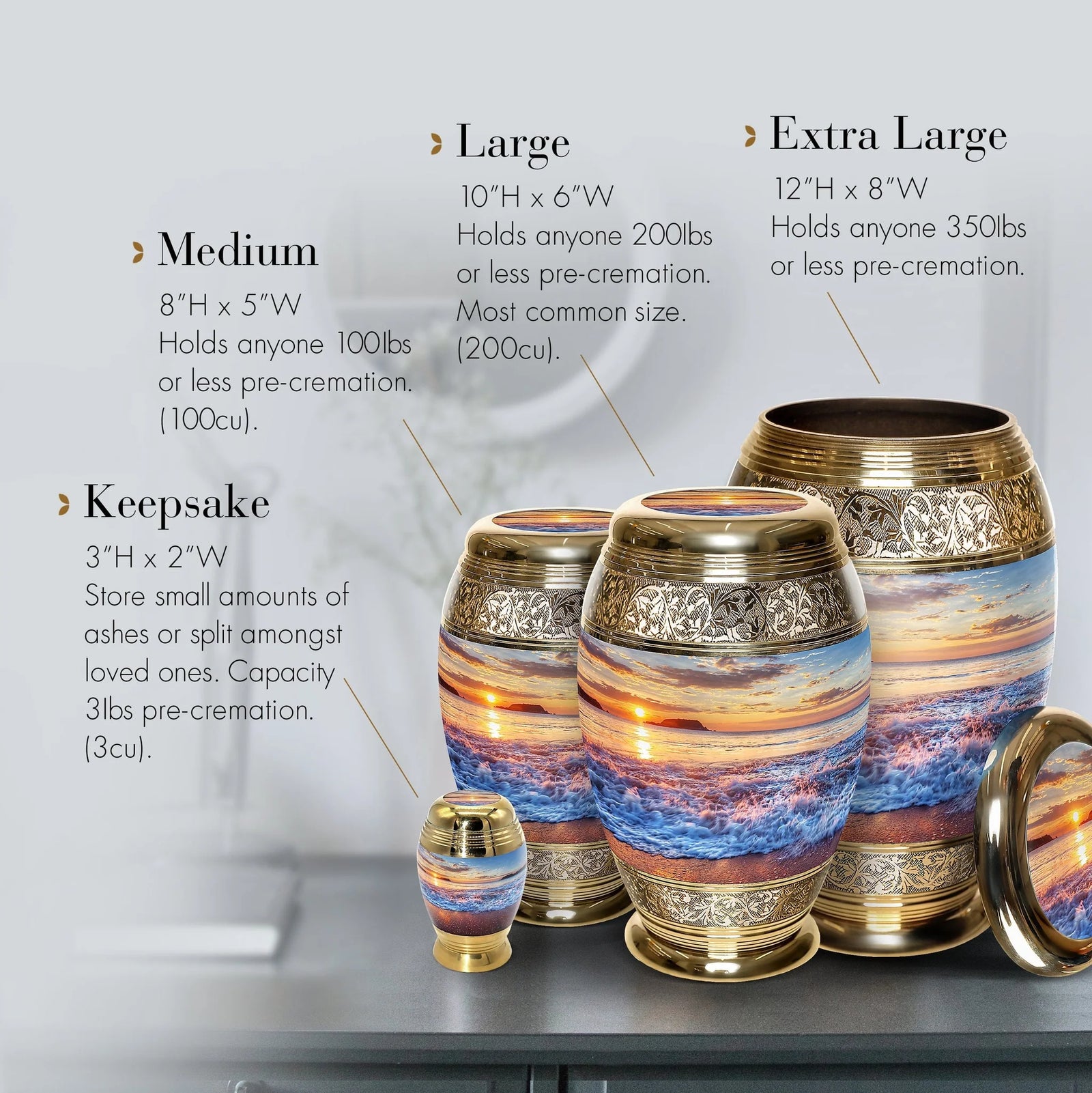Its as expected, i just hope it lasts and isnt easily cracked or broken. Its decent.
I’m am very pleased with the solid weight of each individual urn, the added class with the velvet box, and capturing my father riding in the roads of Texas is the best anyone could to do to bless me with a memory of my father. Thank you! I will be ordering another set of 4 and also the matching guest book. Thank you!
I ordered the Thin Blue Line urn for my sister's husband. He had a lengthy career in LAPD who passed away last month. Thank you for making such a beautiful line of urns for our First Responders. Thank you!
my daughters favorite insect was a dragonfly it suits her perfecly

























